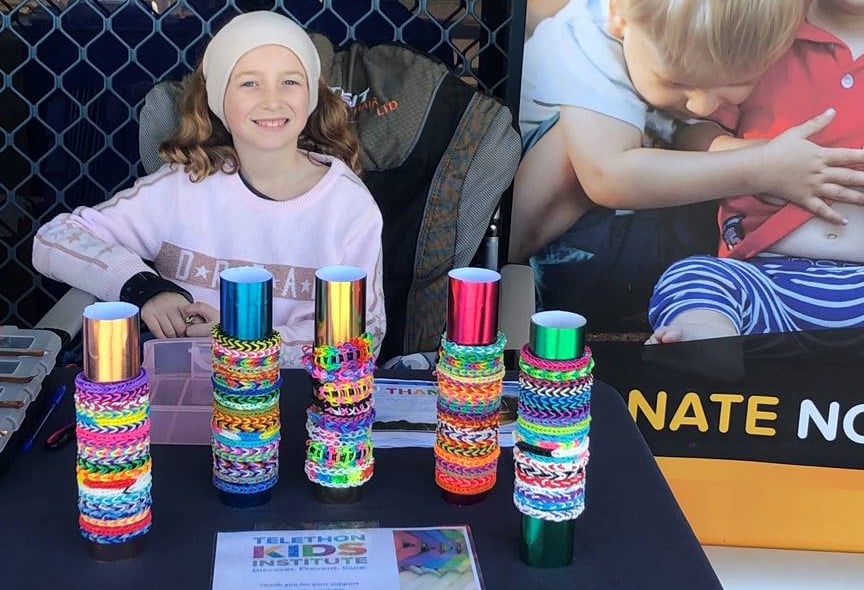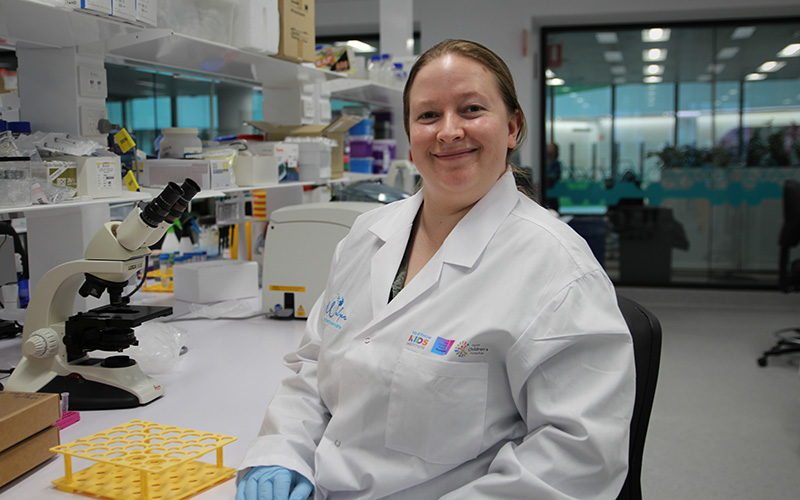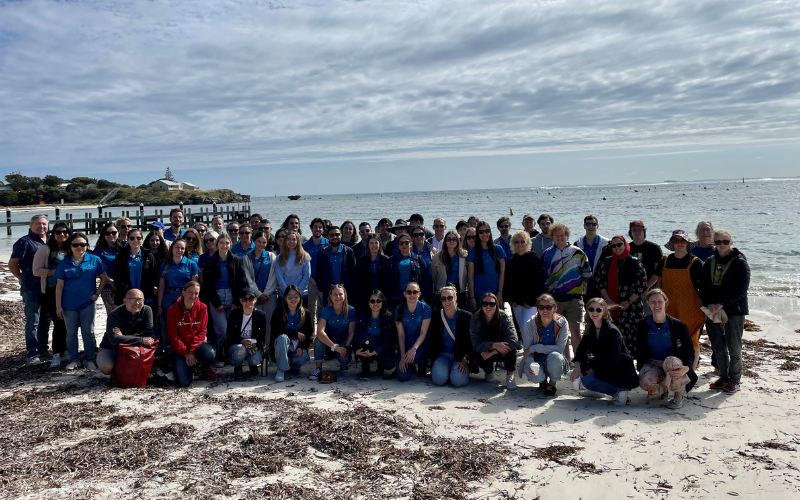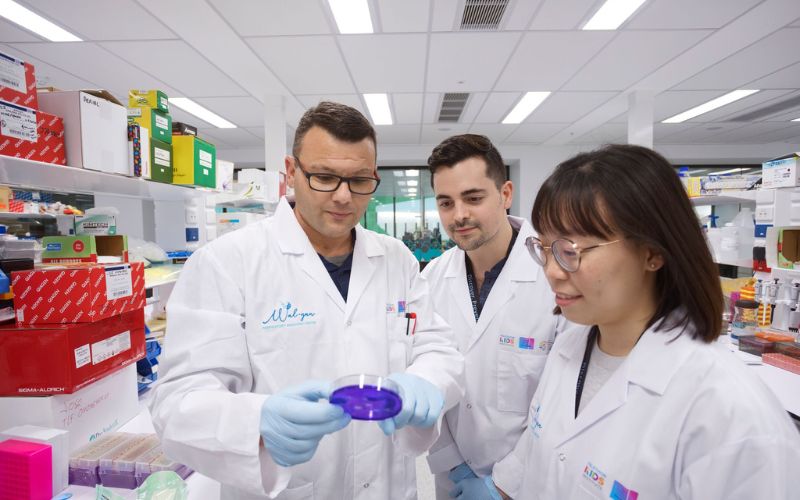Search

Hands-on science lesson plans for teachers related to the topic 'Let's Get Active!'.

News & Events
Nine-year-old Beau cuts his curls to fight cancerMeet Beau Jones. Beau is nine-years-old and lives in Eaton where he likes playing basketball and hanging out with his brothers. He’s also passionate about standing up to cancer!

News & Events
Some heroes wear capes. Some heroes wear lab coats. And some heroes wear school uniforms, just like you!Ten-year-old Isabelle decided to make and sell loom band bracelets to raise money for The Kids Research Institute Australia.

Get some key information about some of the most popular questions that people are asking about the Discovery Centre.

The Wal-yan Centre’s Annual Reports highlight the achievements of our researchers, which bring us closer to our vision to ensure that all children have healthy lungs for life.

Learn more about the supporters of the Wal-yan Respiratory Centre

News & Events
World-first study finds some biodiesel exhausts harmful to childrenWal-yan Respiratory Research Centre PhD candidate Katherine Landwehr is researching the impact of breathing in biodiesel exhaust fumes on the lungs.

News & Events
Great minds come together at Wal-yan Scientific RetreatWal-yan Respiratory Research Centre team members and special guests travelled to Wadjemup (Rottnest) on 27 and 28 October to spend an intensive two days together learning about, and providing input into, the broad range of research projects underway within the Centre.

News & Events
Patients with antibiotic-resistant lung infections to receive promising phage therapy treatment as part of new trial led by The Kids Research Institute Australia Researcher Anthony KicicPatients with lung infections that are not responding to antibiotics will be treated with phage therapy as part of a translational trial program to be undertaken by world-recognised experts in this field.

News & Events
International trial shows that interferon could help reduce the spread of COVID-19Results of an innovative clinical trial led by Perth researchers have shown that the drug interferon could help reduce the spread of COVID-19 from a positive person to their household contacts, with the study helping to inform treatment options for a future pandemic.
